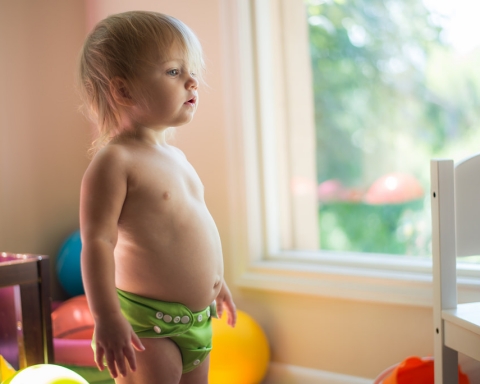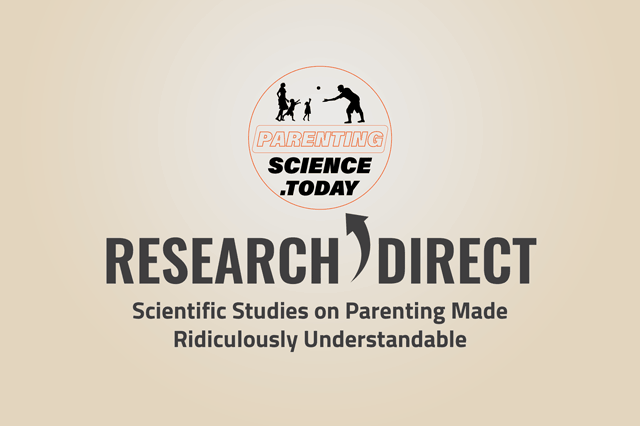Positive parenting is not a new concept. Many parents have been practicing it and reaping its benefits without knowing that there is a fancy name for it.
Studies show that parents who utilize positive parenting approaches rear children who are more tolerant, independent, and less prone to risky behaviors. On the other hand, studies have found that harsh parenting is associated with a lack of empathy and a disregard for others. Positive parenting is not a new concept. Many parents have been practicing it and reaping its benefits without knowing that there is a fancy name for it.
Also read on this website:
What Is Positive Parenting?
Positive parenting is a parenting strategy that focuses on using nonpunitive and nonauthoritarian methods.
In positive parenting, the parents remain calm, friendly, and respectful of the child’s emotional and physical needs while correcting the child’s behavior. Negative disciplinary approaches, such as yelling, spanking, and hitting, are strictly discouraged.
Results suggest that dimensions of harsh parenting, but not positive parenting, contribute to the development of child deceitful‐callous behavior. —Scientists from the University of Oxford and Others
Positive parenting is about setting clear parental expectations and helping children achieve them. It strives to praise children for good behavior and avoid harsh punishment for bad behavior; instead, positive parenting focuses on getting to the root cause of bad behavior.
Ultimately, positive parenting strengthens the connection between the parents and the children and helps children develop self-discipline and empathy. Here are some specific ways positive parenting encourages children’s personal development.
- Emotional development. One article explains, “When approaching strong negative emotions, a positive parent will gently guide a child to a more appropriate way to handle how they feel.” When children act violently or throw tantrums, parents should remain calm and friendly. This allows children to reflect on their behavior and helps them deal with their feelings appropriately. When parents remain calm and stay in tune with their children’s emotions, they are telling them that there is nothing to fear. It makes children feel secure and brings children and parents closer.
- It brings out the best in the children. When children know what is expected of them and know that their parents always have their backs, they strive to do their best. Positive parenting encourages children to achieve goals for the sake of accomplishment and not because of fear of punishment. It helps them reach their full potential and leaves more room for creativity.
- Cultivates empathy. If parents endeavor to understand their children’s feelings, they are teaching them to be more empathetic and responsive to other people’s emotions. Parents should dig deeper to try and figure out the cause of bad behavior and not lash out at their children. The parents’ example will hopefully demonstrate to the children how to appropriately handle their emotions. Thus, children become more empathetic, enabling them to gain a deeper understanding of the world around them.
Parenting is a very difficult job and requires a lot of effort from the parents, but if they use the right strategies, they can raise truly authentic individuals who will make the world a better place.
References
- Waller, Rebecca, Frances Gardner, Luke W. Hyde, Daniel S. Shaw, Thomas J. Dishion, and Melvin N. Wilson. “Do Harsh and Positive Parenting Predict Parent Reports of Deceitful‐Callous Behavior in Early Childhood?.” Journal of Child Psychology and Psychiatry 53, no. 9 (2012): 946–953. https://onlinelibrary.wiley.com
- Carrerro, Kara. “How Positive Parenting Helps a Child’s Self-Growth in the Early Years.” Extremely Good Parenting with Kara Carrerro. Accessed July 23, 2018. https://karacarrero.com













